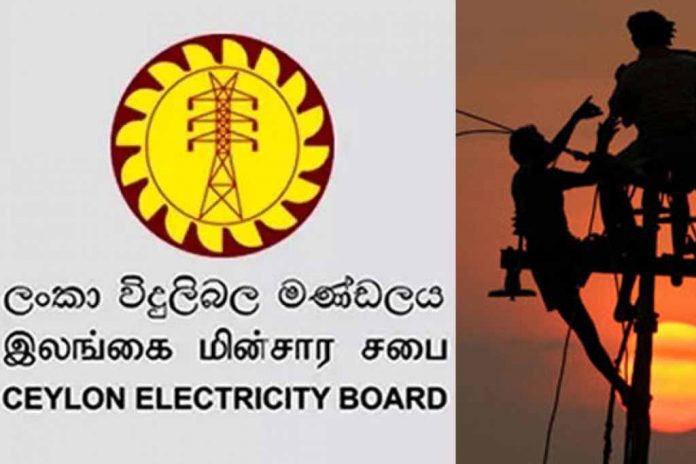The Ceylon Electricity Board (CEB) has plunged into controversy and confusion as conflicting reports emerge over the resignation of its Chairman, Dr. Tilak Siyambalapitiya.
The Ministry of Energy denies the resignation, while mounting evidence and public statements indicate a leadership exit that has already triggered serious calls for investigation and accountability.
Multiple media sources reported that Dr. Siyambalapitiya stepped down on May 9, 2025, amid growing tension over political interference, tariff reforms, and IMF-driven cost recovery policies. However, the Ministry of Energy claims he is merely on personal leave for overseas travel and had
The Media Division of the Ministry of Energy has rejected reports circulating in the media regarding the resignation of CEB Chairman Dr. Tilak Siyambalapitiya.
A senior official from the Ministry said that the Chairman had submitted a letter to the President informing him of his leave, as he plans to travel abroad for personal reasons.
“There is no truth in the media reports suggesting the resignation of the CEB Chairman,” the official added.
Dr. Siyambalapitiya was appointed as the CEB Chairman on September 26 last year under the NPP government led by President Anura Kumara Dissanayake.
Dr. Siyambalapitiya, who was appointed on September 26, 2024, oversaw one of the most turbulent periods in the CEB’s recent history. His leadership has been marred by accusations of mismanagement, controversial tariff proposals, and decisions seen as detrimental to the renewable energy sector.
The Electricity Consumers Association (ECA) has demanded a formal probe into several decisions taken during his tenure. ECA General Secretary Sanjeewa Dhammika lambasted the CEB’s directive to shut down solar panels during the Sinhala and Tamil New Year holidays, calling it “a blow to Sri Lanka’s renewable energy future.” Dhammika warned that public officials cannot be allowed to “walk away after causing damage to such a critical sector.”
Further allegations include claims that the CEB, under Dr. Siyambalapitiya, submitted misleading data to the Public Utilities Commission of Sri Lanka (PUCSL) during the recent electricity tariff revision process. “The data provided was not accurate, and the CEB even requested to maintain the existing tariff structure—only to be overruled by the PUCSL,” Dhammika said, calling for an in-depth investigation into these actions.
In response to the controversy, Dr. Siyambalapitiya maintained that he resigned according to a pre-agreed timeline, citing family obligations. “There are capable professionals within the CEB to continue the work,” he stated. Yet, the Ministry has not confirmed receiving a formal resignation, further muddying the waters.
Adding to the public concern, several energy experts have criticised his initial appointment, arguing that Dr. Siyambalapitiya—known for his pro-coal stance and scepticism toward renewable energy—is unsuitable to lead a utility aiming for 70% sustainable energy by 2030.
Critics also raised concerns over his ties to RMA Energy, a consultancy firm he and his wife have directed, which benefits from foreign-funded energy projects. They allege a serious conflict of interest and have questioned whether proper divestment occurred following his appointment.
Moreover, critics cite the stalled 2,000 MW rooftop solar project under his watch as a failed promise, despite Dr. Siyambalapitiya’s extensive experience conducting feasibility studies for major initiatives like the Mannar Wind Power Project and ADB-backed solar schemes.
As the dust settles, Sri Lanka awaits official clarification on Dr. Siyambalapitiya’s status. Meanwhile, public pressure is mounting on the government to act decisively, launch a full investigation, and restore transparency in the country’s vital energy sector.
